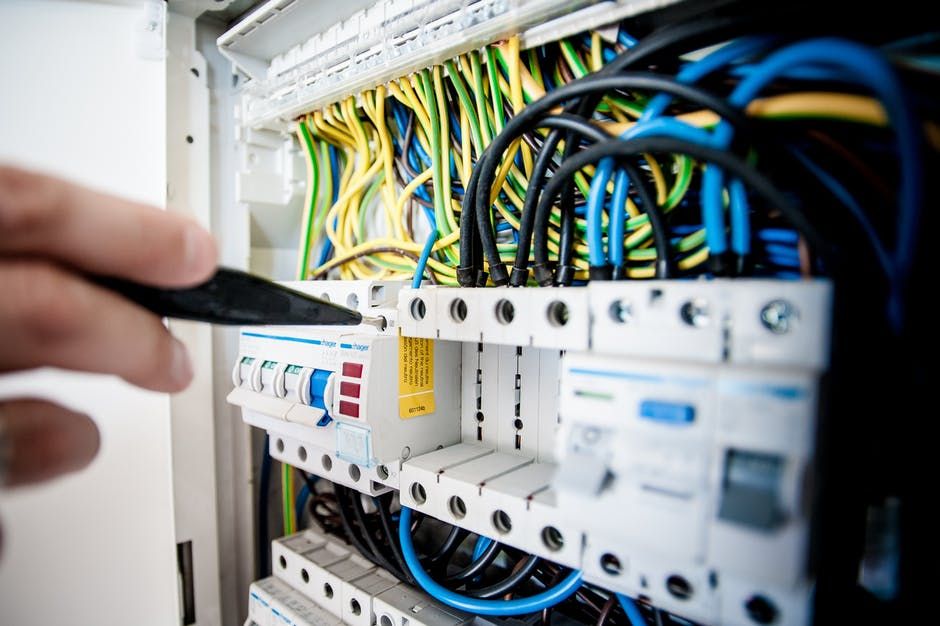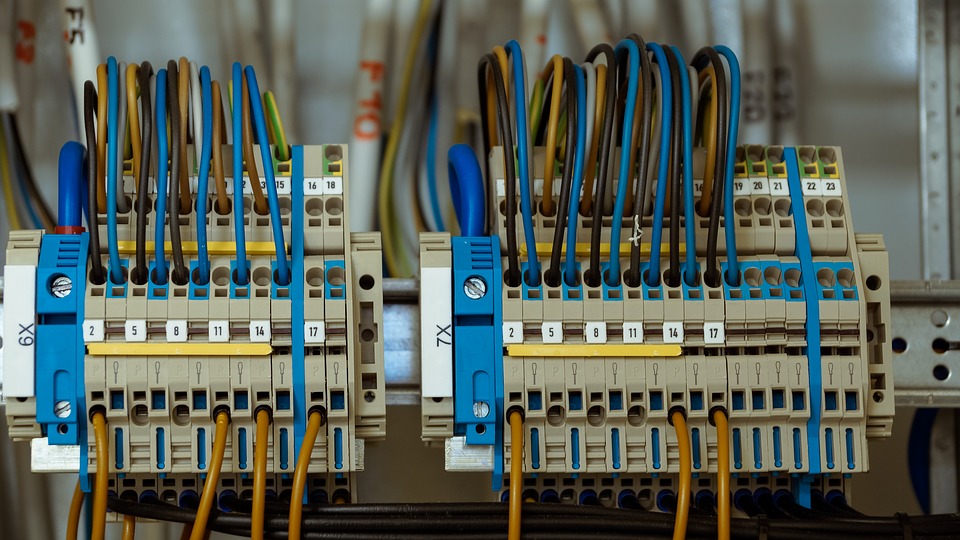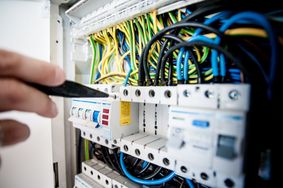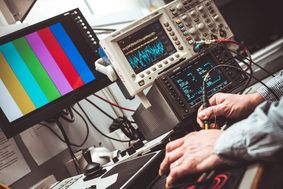Electrical Engineering - As a career option

Electrical engineers primarily use the concepts of electricity and magnetism to generate power, or design and operate machinery that convert electric power to other forms of energy.
Even though they are primarily known for generators, motors, and commonly-found “electrical” appliances such as fans and heaters, the extents to which modern developments in the discipline affect routine human life is often understated.
In fact, many people do not realize that the entire arena of electronics and communication engineering also, technically speaking, falls under the branch of electrical engineering. Being one of the oldest disciplines of engineering, the influence that electrical engineers have had upon human civilization.

How to Become an Electrical Engineer?
Like all other engineers, the degree that you’re looking for if you want to become an electrical engineer is a BE/B.Tech in Electrical Engineering. Hence, your journey will begin with two years of difficult exam preparation culminating in an excellent all India rank.
While an extremely competitive discipline, electrical engineering often loses some of its limelight to computer science and electronics, which makes it a relatively achievable target for those looking to base their career on electromagnetism.
Eligibility Criteria to Become an Electrical Engineer
- +2: Need to be in the science discipline and graduate with over 60% marks
- Bachelor’s Degree: Bachelor of Technology (B.Tech) in Electrical Engineering
- Master’s Degree: Master of Technology (M.Tech) in Electrical Engineering (optional)
Career Prospects of an Electrical Engineer
Given the wide-ranging influences of electrical engineering in every arena of modern human society, the requirement for an electrical engineer is ubiquitous. In fact, the status of electrical engineers in the technology industry is such, unless you’re in some specific branches of bio-engineering, you’re bound to collaborate with one at some point in every project you ever undertake.
Moreover, electrical engineering jobs typically come with fat paychecks. A key benefit of electrical engineering is its ability to fuse into most of the other branches of science and engineering.
With a bachelor’s degree in electrical engineering, you can gain entry into Electronics, Communication, Instrumentation, Robotics, Mechanical, Chemical, Structural, Aeronautical, and a host of other streams, because given your versatility as an electrical engineer, people will rely on you to throw light on existing design and development problems from a new and innovative direction.
A Day in the Life of an Electrical Engineer
Hello. I’m here to take you on a day’s trip to the fascinating world of electrical engineering. Let’s go down to my workplace where I can show you how my team and I have pretty much been designing the future.
9:00 AM: It’s just the start of the day but that’s nothing special at my department: our lights have been on and our PCs have been running ceaselessly for several days now, somebody is always staying overnight to monitor test runs of new designs and models.
Well, at least my chair has been empty for the last twelve hours, so let’s warm it while I tell you what we do here.
My project deals primarily with the Internet of Things (IoT), a new and still nascent technology that has the ability to revolutionize our lives if we manage to get a hang of it. Remember how much things changed when mobile phones got “smart” and started doing half our day’s work without us noticing? Well, this is about the same, only at a much, much larger scale.
10:00 AM: My team and I are all postgraduate engineers with one or more specializations what make use suitable for this very advanced and unique project. A and B are two electronics engineers with specializations in sensors and actuators, C is an instrumentation engineer with a specialization in material science, D is a telecommunication engineer, and of course, there’s yours truly, an electrical engineer with a specialization in control systems.
We’re meeting for the next several hours to discuss the feasibility of a handful of ideas generated by our team that I have been noting down over the past week.

12:00 AM: Over a working lunch, we try to visualize what the end product of our endeavors would look like. Imagine this: an old lady is sitting on the sofa watching TV, and she gets up to get herself a snack.
As she gets up, the couch senses a difference in pressure and sends a signal to a hub “she’s no longer with me!” The house starts searching for the elderly woman until she pulls the refrigerator door – it senses her presence and informs the hub that she’s alright.
Why is this important? Well, if, say, the old lady fell ill or hurt herself on the way to the fridge and were unable to move, the house would keep the search on for a few minutes, then give a quick call to her son who may be in another city, asking him to give his mother a call to see if she’s okay, possibly saving her life. How cool is that?
1:00 PM: It’s a huge deal to manage to automate every appliance in the house, and we’re doing just a few of them at a time. We scheduled enough work for a fortnight and are headed to our respective desks.
A and B work together to develop the sensors that we need. These sensors often require materials that have specific properties – such as high thermal conductivity or low resistance – and C’s job is to provide for them.
My job is a bit different – I integrate the sensors with the existing circuitry in the house and introduce automation and interaction between each unit. To do this, I have to rely a lot on computers. I’m heading to my workstation now, to get a head start on my share of the work.

3:00 PM: I am joined by D, who is collaborating with me on the interactions between appliances. The units are going to communicate over radio frequency, and I want to use the bandwidth IEEE/802.11 also known as Wi-Fi.
D doesn’t like this and suggests IEEE/802.15.4 instead, also known as ZigBee because it consumes less power. I’ll think about it: chances are that we’ll try out both.
4:30 PM: I’m informed that some microcontrollers that I ordered have arrived, goodies! I am testing a number of these for effectiveness because these controllers are the ones that will actually perform the automation work.
They’re special because while most microcontrollers need a battery, these can harvest energy from ambient heat or light. Among the ones that have arrived are the Texas Instruments’ famous MSP 430 and ARM’s Cortex M0+.
5:00 PM: The testing infrastructure and coding knowledge (FORTRAN) required is only available with D and I. I’m going to run tests on the MSP 430 and have given the other one to D.
These tests need to run for at least 24 hours, during which time D and I will be here at work. It’s going to be a long and eventful night!
That’s my day as an Electrical Engineer. Addicted to my work and determined to change the future. It’s a good life. Did you like my profession? Do you want to pursue it? Do you want to ask something? have your say in the comment box below! Enjoy Reading!
Login to continue reading
And access exclusive content, personalized recommendations, and career-boosting opportunities.















Comments
Add comment